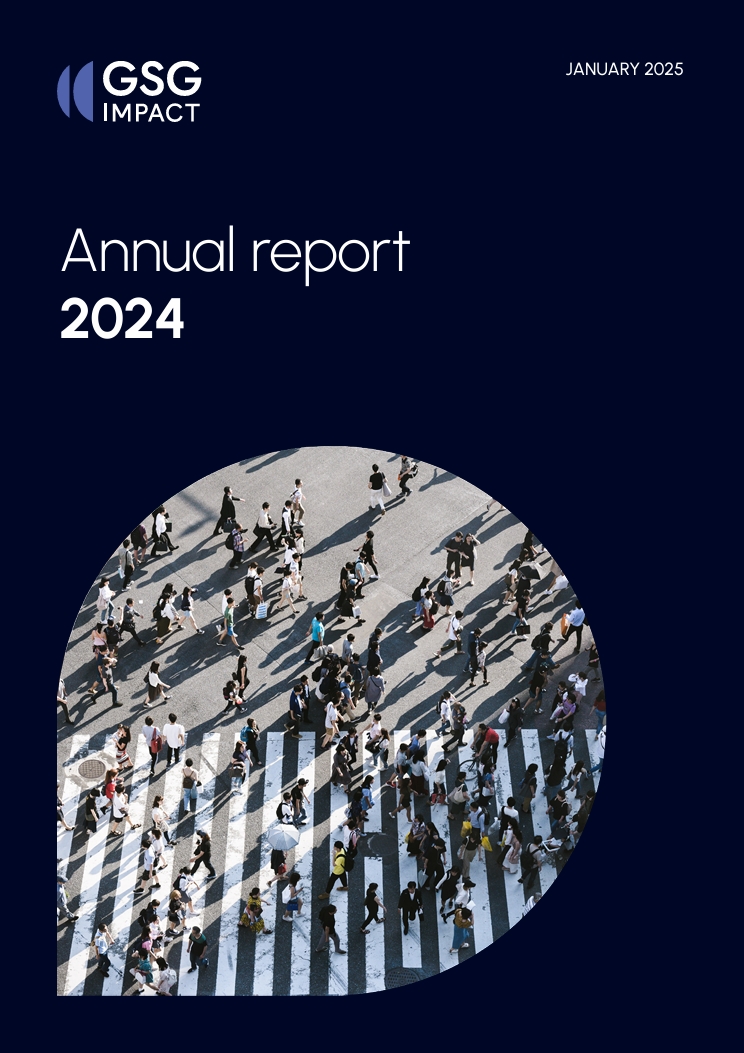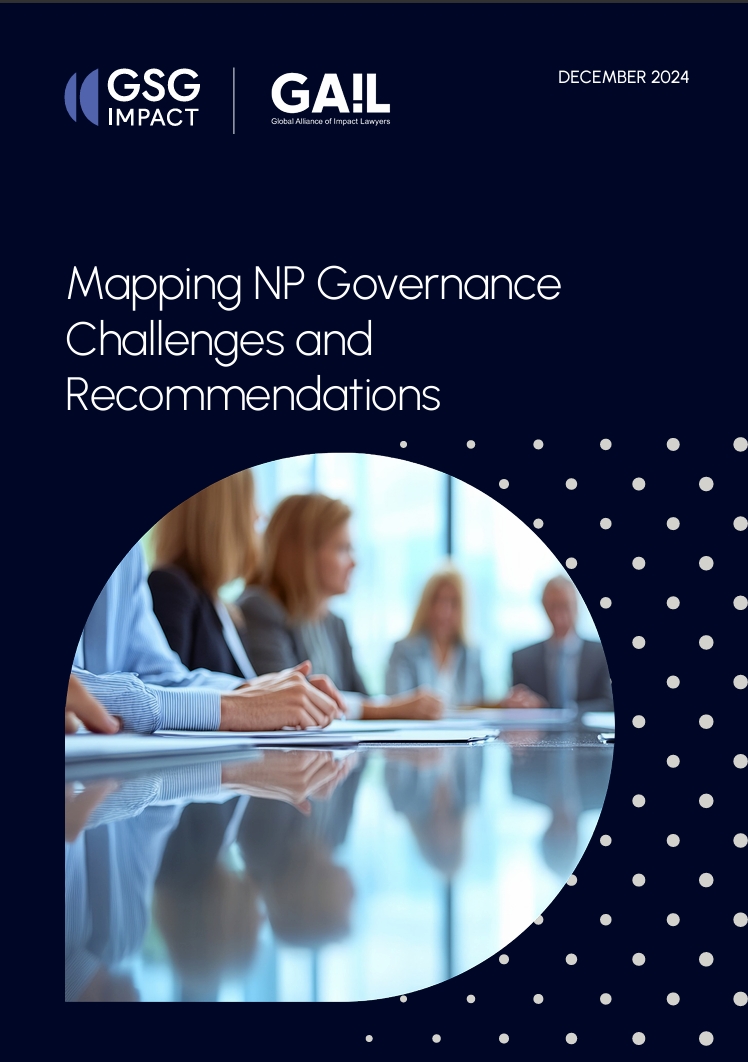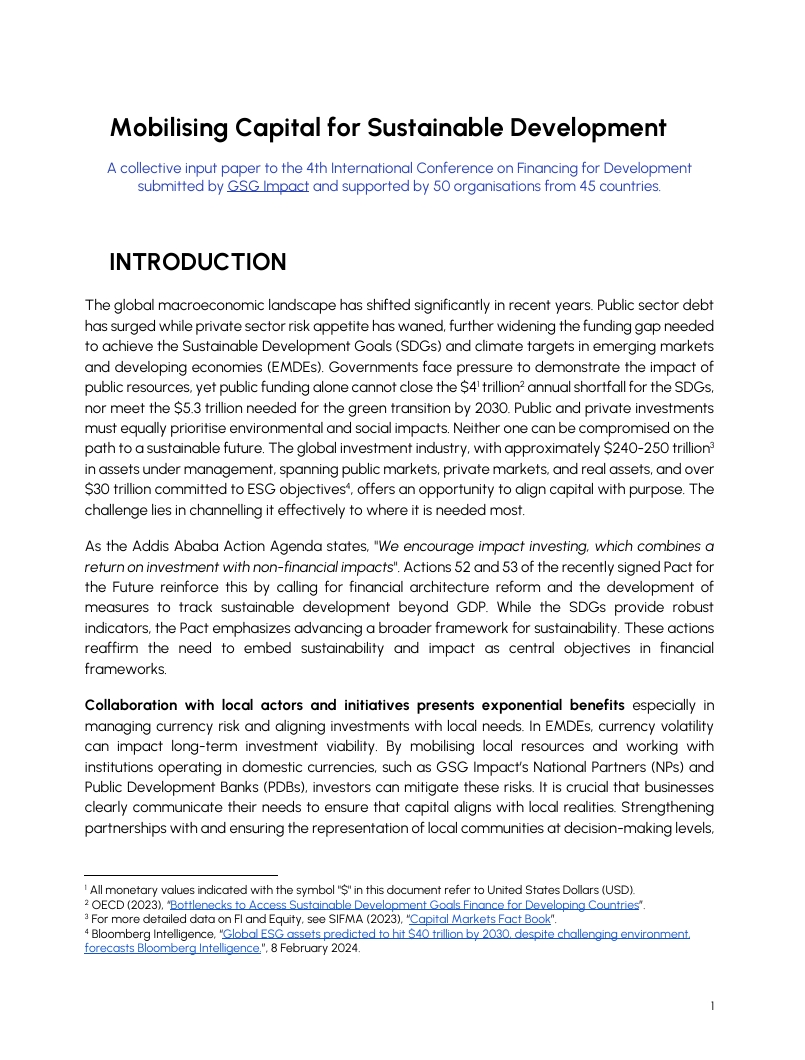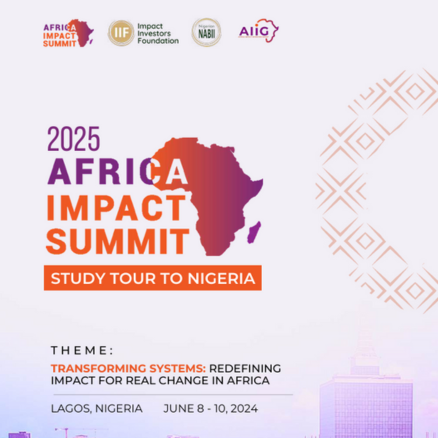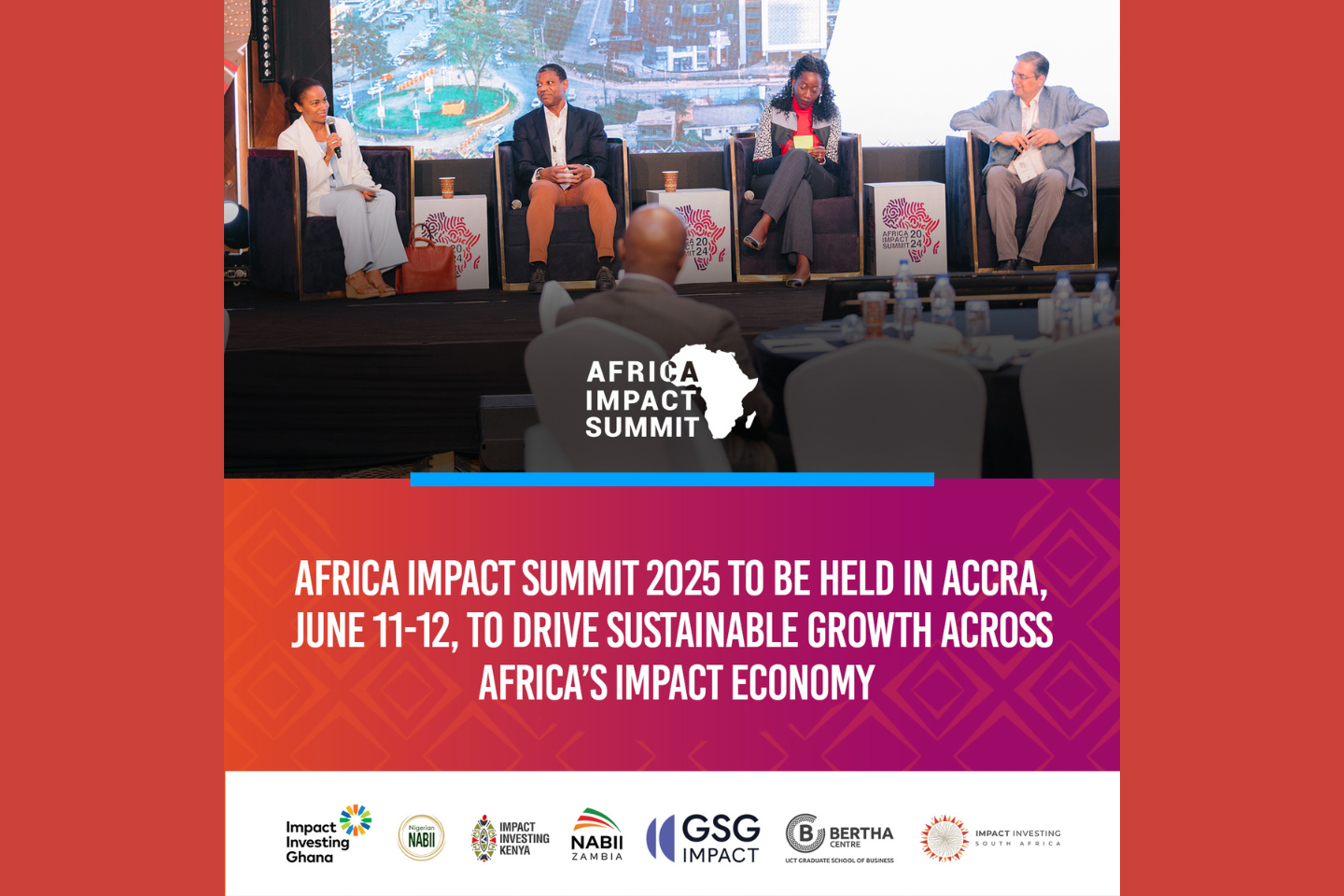
How to drive impact through entrepreneurship and innovation?
At the GSG Global Impact Summit 2023 in Malaga, a fireside chat explored the intersection of entrepreneurship, innovation, and impact.
Julie Wallace, Head of Impact at LeapFrog Investments, and Maya Ziswiler, CEO of UBS Optimus Foundation, shared insights on leveraging innovative tools and strategies to drive sustainable development and support social enterprises.
1. Innovative Financing Tools
Maya Ziswiler discussed the use of innovative financing tools like convertible grants and impact-linked loans.
"Philanthropy bridges the gap between giving and investing, helping to de-risk and build partnerships to unlock more funding for SDGs."
2. How does blended finance mobilise commercial capital?
Blended finance structures are crucial in mobilising commercial capital by using philanthropic and public capital to de-risk investments.
“Blended Finance is around making sure that we can deploy our philanthropic capital or public capital as a way to derisk and enhance returns, so we can crowd in more commercial capital. This can make investments that are not suitable for risk-averse investors more attractive because we've been able to de-risk them and enhance returns.” - Maya Ziswiler
The SDG Outcomes Fund and structured notes with philanthropic liquidity guarantees are examples where blended finance has significantly amplified impact.
3. What role does technology play in impact investment?
Technology can enhance the reach and effectiveness of social enterprises.
Maya Ziswiler highlighted the use of technology in education to identify and support students who need the most help. By leveraging digital tools, educational enterprises can track student progress, tailor learning experiences, and ensure that educational resources are effectively targeted.
"In education, technology allows us to see where students are at the beginning, identify those needing the most support, and provide the right programs to ensure progress."
In the healthcare sector, technology enables low-cost clinics like Jacaranda Maternity (a social enterprise operating three low-cost maternity hospitals in Kenya) to be more patient-centric. Digital tools provide reminders for prenatal and postnatal care, enable feedback mechanisms, and support group formations among patients, enhancing the overall care experience.
"Technology in healthcare helps clinics to offer timely care reminders and patient support, improving both access and quality of care."
AI and other advanced technologies play a crucial role in environmental conservation. Underwater cameras and AI systems monitor biodiversity, track species over time, and help preserve ecosystems by providing real-time data for better decision-making.
"Using AI to monitor biodiversity and track species helps us preserve ecosystems and make informed conservation decisions."
The integration of technology across various sectors amplifies the impact of social enterprises, making it possible to reach underserved populations and address pressing social and environmental issues effectively.
No Content Set
Exception:
Website.Models.ViewModels.Components.General.RichText.RichTextComponentVm


